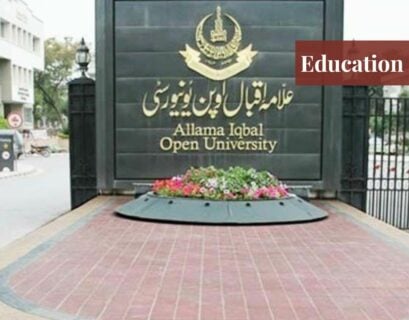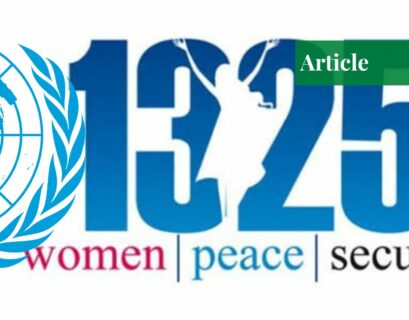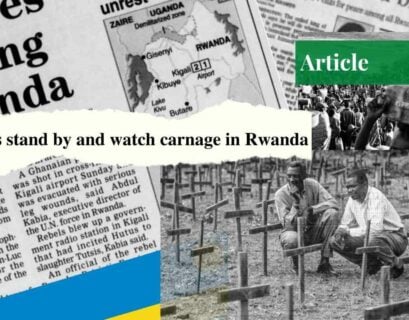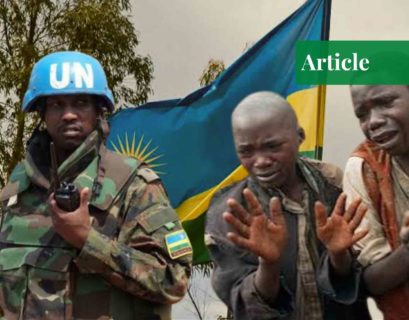The Federal Board of Revenue (FBR) of Pakistan
Established in 1924 as a federal law enforcement agency, the Federal Board of Revenue (FBR) ensures transparent revenue generation through tax collection.
Using modern techniques, the professional workforce maintains the integrity of the institution by performing its duties while seeking to develop a healthy relationship with taxpayers.
Allama Iqbal Open University (AIOU): Pakistan’s Largest Distance Learning Institute
Allama Iqbal Open University(AIOU) is one of the leading universities in Pakistan. It is Asia’s first institution that provides specialized distance learning experiences to students. The prestigious institute has been performing with full zeal since its establishment in 1974.
Importance of Incorporating UN Resolution 1325 in Countering Violent Extremism
Conflicts render women and children utterly vulnerable to violence, harassment, abuse, and the psychological and economic effects of war. In such a volatile environment, women are often forced to step up as the heads of families, and take on odd, if not illegal, jobs for survival. Their experiences also make them more susceptible to radical ideologies.
Yet, the link between gender and conflict resolution, security, and peace is often overlooked. Iman Faisal describes the UN Resolution 1325 to address the dire need for gendered lenses in countering violent extremism, and for establishing comprehensive and inclusive peace.
Fukushima Water Discharge Controversy
A disastrous tsunami followed the 2011 earthquake in Japan, causing disruption to the reactors at the Fukushima nuclear plant site. As a consequence, there was a release of radioactive material.
Japan has now decided to release treated radioactive water into the Pacific, but China, South Korea, and the Pacific Island nations are opposing the discharge of the Fukushima water.
The Complexities of Humanitarian Intervention
Humanitarian intervention can be used as an instrument to manage the armed aspect of the conflict and lower the suffering of people by curbing violence. However, it is not as simple as it seems.
In international politics, a number of factors are involved for states to take action. Iman Faisal tries to shed light on the certain complexities of humanitarian intervention by taking the example of humanitarian intervention during the Rwandan Genocide.
The Genocide in Rwanda Explained Through Social Identity Theory
Iman Faisal analyzes the 1994 Rwandan genocide through the lens of the social identity theory. She explains that the Hutus and Tutsis each viewed themselves as in-group and the other as out-group. As such, they associated certain norms, stereotypes, and insecurities with what they considered to be the “others”.





